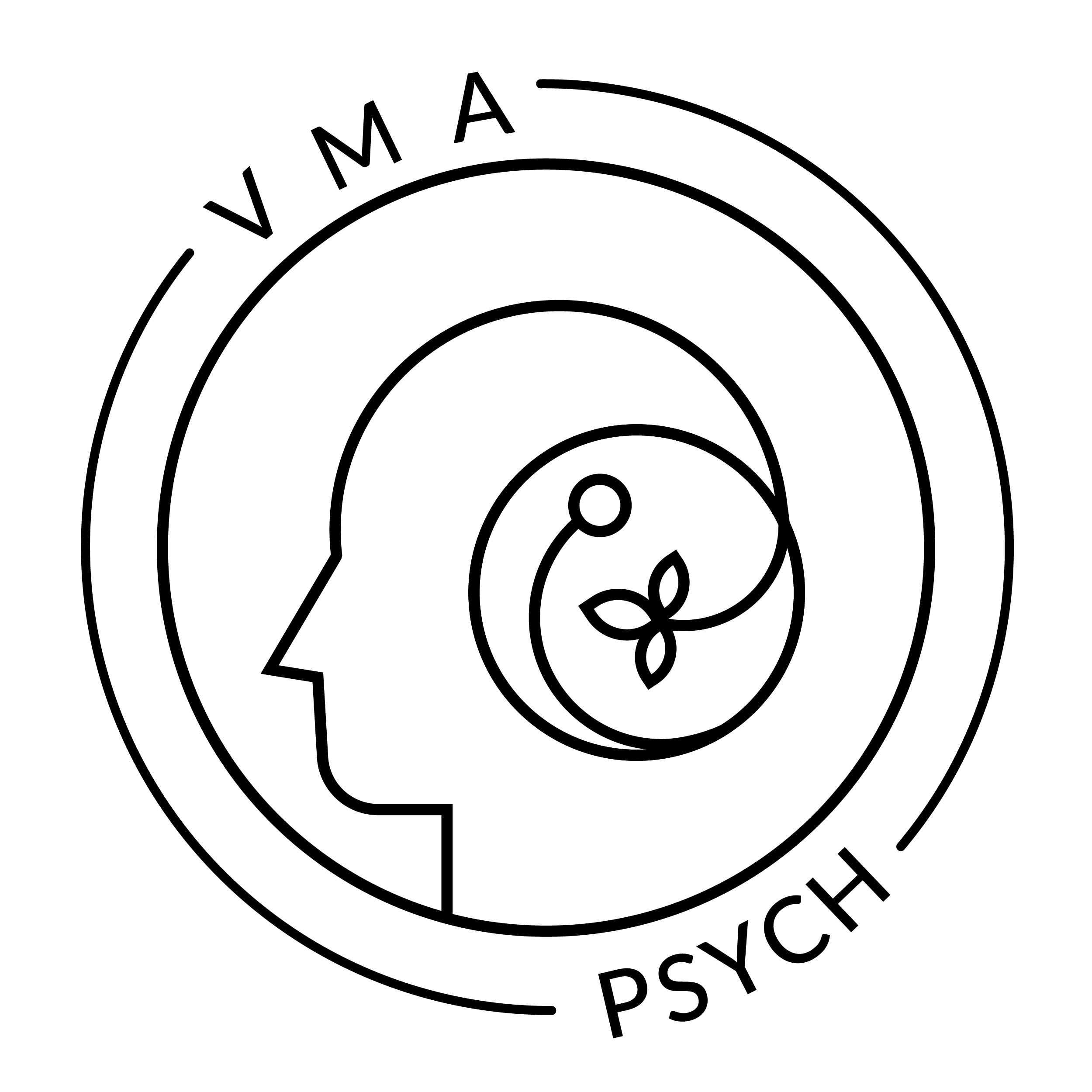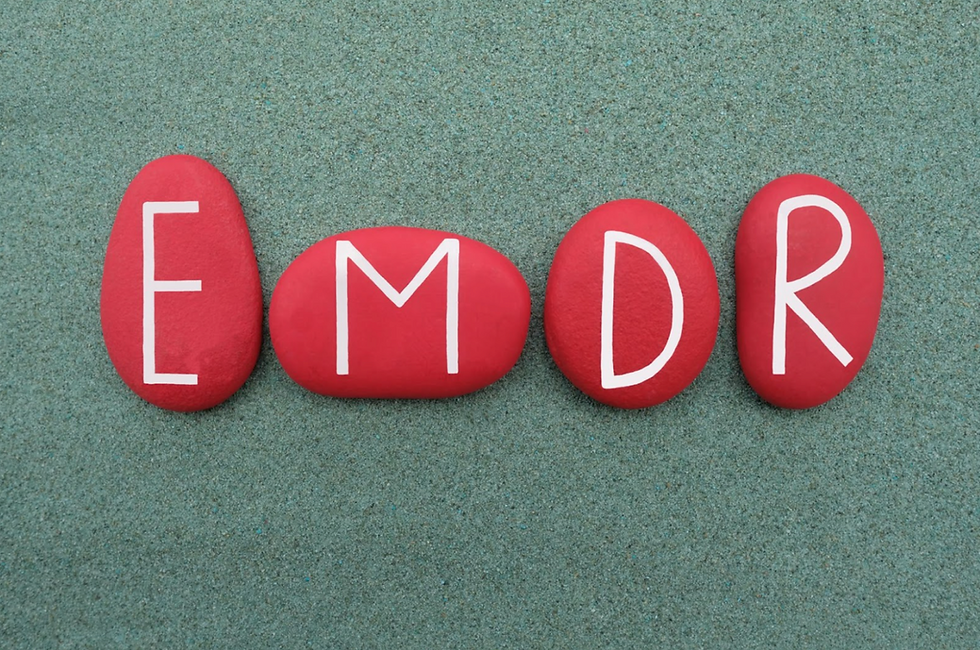Explore 10 signs that may indicate your child needs a learning disability assessment. Early identification of LDs is key to supporting academic and personal growth.

What is a Learning Disability?
A learning disability, also known as learning disorder (LD), is a neurological condition that affects how a person processes information. Learning disorders can appear in reading, writing, storing information, recalling information, mathematics, or the use of verbal or nonverbal communication. They most often begin during school-age years, but may not be present until academic demands exceed the individual’s capacity. LDs are most commonly diagnosed using a psychoeducational assessment, which is a comprehensive evaluation that examines a person's cognitive, academic, social, and emotional functioning. This process typically includes standardized tests, interviews, and behavioural observations.
For more information on psychoeducational assessments, check out our article here
Common types of learning disabilities include:
Dyslexia: Difficulty with reading and language processing.
Dyscalculia: Challenges with understanding numbers and math concepts.
ADHD (Attention-Deficit/Hyperactivity Disorder): Difficulties with attention, impulse control, and organisation. If you suspect your child has ADHD, check out our article on common signs and symptoms linked here
Statistics indicate that learning disabilities affect approximately 1 in 5 children in the U.S., making awareness and understanding vital for parents and educators.
Why Early Assessment Matters
Early intervention is essential for children with learning disabilities to get the support and accommodations they need to succeed in school and develop into healthy teens and adults. Research shows that children who receive support early are more likely to succeed academically and develop positive self-esteem. On the other hand, delayed assessments can lead to increased frustration, behavioural issues, and a widening gap in learning. Understanding the signs early can help parents advocate for their child’s needs and ensure they receive appropriate support.

Sign 1: Struggles with Reading
One of the most noticeable signs of a learning disorder is difficulty with reading. If your child struggles to decode words, has a slow reading pace, or frequently mispronounced words far behind the grade average, it may indicate an LD in reading. These challenges can affect not just reading but overall learning and academic performance, as reading is fundamental to accessing information across all subjects.
Sign 2: Difficulty with Math
Math skills are crucial for daily life and academic success. Signs that your child may be struggling with math include trouble understanding basic math concepts, difficulty with problem-solving, or avoidance of math-related activities. On a more basic level, this may also appear if your child has a hard time understanding basic numbers, their values in relation to others, or how they are used day to day. If your child expresses frustration or anxiety around math, it’s important to take these signs seriously.
If you notice any of these signs, book a consultation with VMA Psych for personalised guidance and support. Early assessment can make a significant difference in your child’s educational journey.
Sign 3: Poor Memory
Children with learning disabilities may have difficulty storing and recalling information. This often comes across as having a poor memory. This can manifest as forgetting instructions, difficulty recalling learned material, or struggling to remember details from previous lessons. Memory plays a crucial role in the learning process, and challenges in this area can significantly hinder a child’s ability to keep up in school.
Sign 4: Trouble Following Directions
If your child often misunderstands or struggles to follow multi-step directions, it could be a sign of a learning disorder. This difficulty can lead to frustration in both classroom and home environments, making tasks more challenging than they need to be. Observing how your child navigates directions can provide insight into their cognitive processing abilities.
Sign 5: Frequent Frustration or Avoidance
Emotional well-being is closely linked to learning. Signs of emotional distress, such as tantrums or a reluctance to do homework, may indicate that your child is struggling. While a good sign in extreme cases, it is important to remember that homework had all of us frustrated at one time or another in our past. Some reluctance or pushback is normal, however frequent and extreme frustration can be a response to feelings of inadequacy, and addressing emotional well-being is crucial for overall development. Recognizing these signs early can help you intervene before they escalate.
Sign 6: Limited Vocabulary or Language Skills
A limited vocabulary or difficulties in language expression can also signal a learning disability. If your child struggles to articulate thoughts, uses a limited range of words, or has trouble understanding spoken language, these may be signs of underlying challenges. Language skills are fundamental for communication and academic achievement, making it essential to address any issues in this area as early as possible in a child’s development.
Sign 7: Inconsistent Performance
Fluctuating grades and performance levels can be indicative of a learning disability. While your child having A’s in maths, and Fs in English, may be a sign they don’t like Shakespeare, it is more likely a sign that they may have an LD in reading comprehension. These inconsistencies in their academic performance may suggest that they are struggling with specific concepts or skills, and is a good sign it may be time for an assessment. With a diagnosis, accommodations can be implemented to create consistency in their academic achievement.
Sign 8: Difficulty with Organisation
Children with learning disabilities often have trouble with organization. Signs such as a messy backpack, difficulty keeping track of assignments, or forgetting to turn in homework can indicate executive functioning challenges. Organizational skills are crucial for academic success, and addressing these difficulties can help your child develop better habits.
Sign 9: Social Challenges
Social difficulties can also be a sign of learning disabilities. If your child has trouble making friends, understanding social cues, or often miscommunicates with peers, it may be indicative of underlying issues. Social skills are vital for a child’s emotional health and development, so it's important to pay attention to these challenges.
Sign 10: Behavioural Issues
Behavioural signs such as hyperactivity or inattention can also indicate a learning disability. While these behaviours can arise from various factors, if they are persistent and affect your child’s ability to learn, they warrant further investigation. Understanding the connection between behaviour and learning challenges is crucial for providing appropriate support.
If you suspect your child may have a Learning Disorder (LD) or need additional mental health support, our team is here and happy to help! Whether you’d like to schedule a psychoeducational assessment, meet with a counsellor, or have a psychological consultation, we have you covered.
Welcome to VMA Psych.
Your trusted provider of exceptional mental health services in the GTA & beyond. Learn More
With 40+ years as Toronto's leading psychologists, we guide individuals through life's complexities, offering specialized services for a brighter future.





















